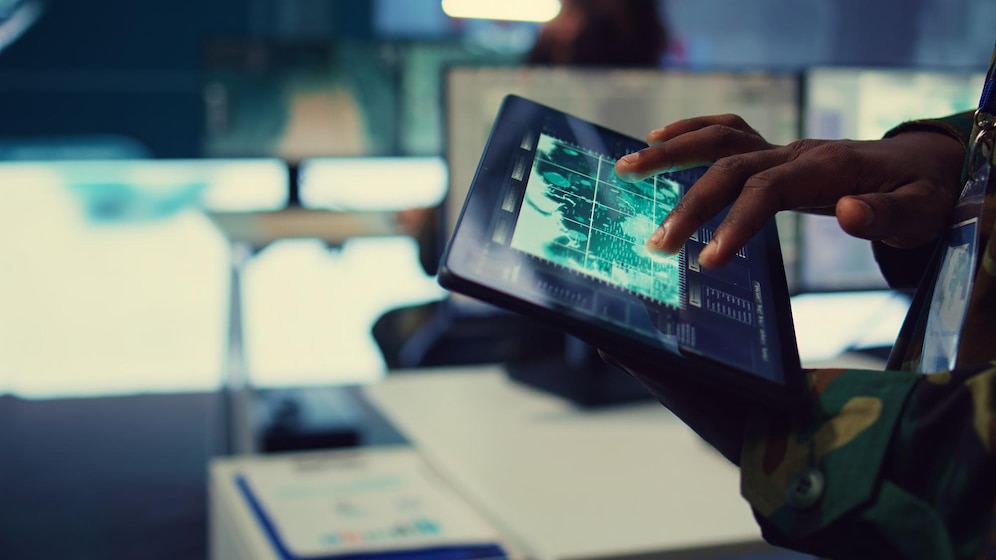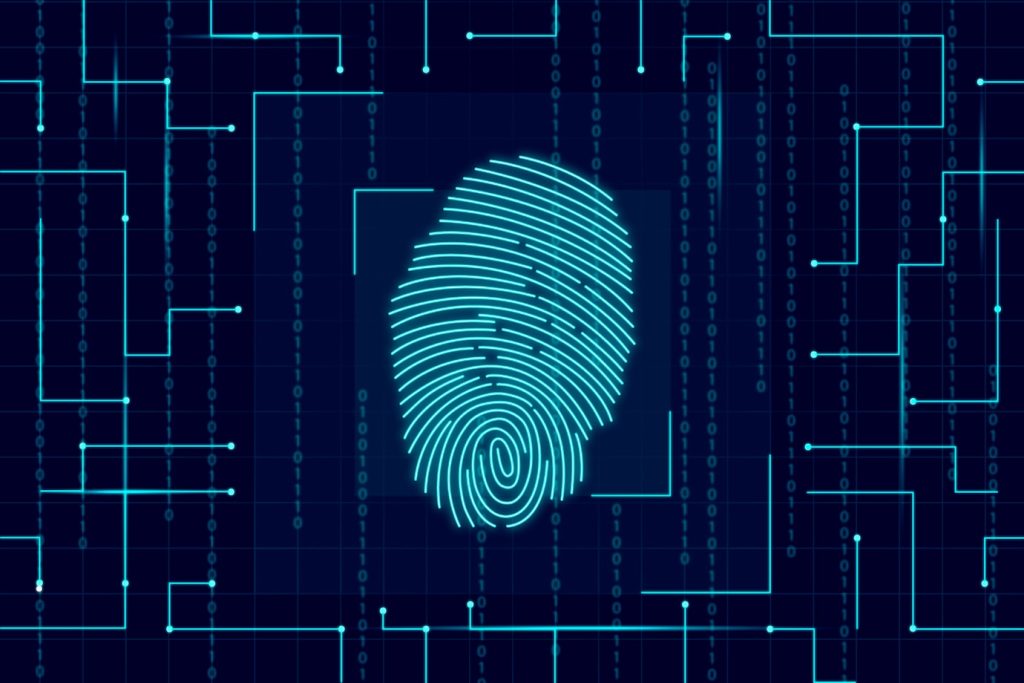E-governance refers to the use of information technology (IT) by government agencies, including Wide Area Networks, the Internet, and mobile computing. This approach can enhance relationships with individuals, businesses, and other government entities, ultimately improving services. Nigeria has been implementing e-governance since 2000, but there is still significant potential for further development to transform the country’s economy.

E-governance in Nigeria has revolutionized government operations, utilizing ICTs to improve services. Initiatives like the National Identity Management Commission (NIMC) manage the National Identification Number (NIN) that assigns unique identification numbers to citizens, this provides a reliable and secure way to verify citizens’ identities and records.

Presently, no country has fully implemented total e-governance, however, countries like the USA and South Korea are leading in its adoption.
In Nigeria, Initiatives like the Treasury Single Account (TSA), and Government Integrated Financial and Management Information System (GIFMIS)have streamlined processes and reduced corruption. The Digital Transformation Agenda (DTA), launched in November 2023, underscores Nigeria’s commitment to using technology for efficiency and public engagement.
Successfully promoting total e-governance in Nigeria requires a comprehensive approach to tackle challenges and ensure inclusive, sustainable digital transformation;
1. Investing in ICT infrastructure and implementing a well-established protocol with strict adherence to the Ministries Departments and Agencies (MDAs) portal for easy transactions to enhance government operations, and empower officials and IT professionals with e-governance skills, project management, and data analytics expertise.
2. The implementation of the National Identification Number (NIN) as a central digital identity for every Nigerian aims to replace all other forms of identification and will serve as a link to all personal data utilized in various transactions and operations, including but not limited to managing medical records, purchasing insurance, and more.

3. Mounting traffic enforcement cameras to detect motoring offenses and establishing a strong cybersecurity framework to combat cyber threats like hacking and data breaches to protect national information and citizen privacy.
4. Implement programs to boost technology literacy among citizens, especially in rural areas, for utilization of e-governance platforms
From the House of JE, we feel these measures are pivotal for Nigeria to enhance governance efficiency and sustainability.
